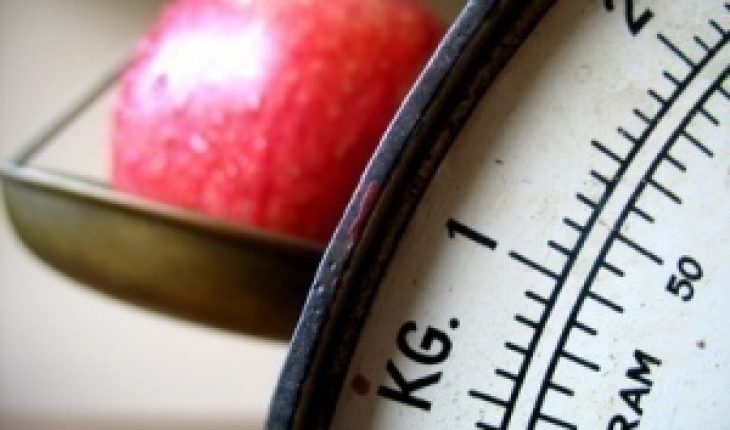What is a calorie?
A calorie is a predefined unit of energy which is equivalent to 4.18400 joules. Each individual, based on A number of factors will determine the amount of calories a body needs. The activity level of a person is related to his or her calorie requirements. An extremely active person will need far more calories than a person who moves around very little. The focus on calorie intake has become an area of significant research and debate. There are studies which have suggested that a calorie restricted diet can lead to a longer lifespan. On average, many people will consume more calories than needed. This over-indulgence is what has led to the high obesity rates presently plaguing the United States and some other countries throughout the world. Knowing how many calories you need is the first step to improving overall health. Maintaining an ideal weight by watching the amount of calories eaten will be to your advantage.
How many calories should I eat
Many persons have asked themselves, ‘how many calories do I need?‘ The number of calories required for daily function will depend on a number of factors including age, sex, weight, height and activity level. If maintaining the current weight or trying to lose or gain weight, then your calorie requirements will have to be modified. Ideally, no adult should eat below 1,200 calories on a daily basis under normal circumstances.
Determining how many calories you need
To find out how many calories you need you may use a standard equation known as the ‘Harris Benedict Principle’. It approximates a person’s basal metabolic rate or BMR by considering a number of factors. While the equation can be helpful, your BMR may be slightly more or less depending on your body’s own unique energy requirements and energy burning capabilities. However, using it as a guideline will still be very advantageous despite its limitations.
Basal Metabolic Rate Calculation
The equation applies only to adults and is adjusted based on gender.
Calculating the BMR for women
655 + (4.3 x weight in pounds) + (4.7 x height in inches) – (4.7 x age in years)
Calculating the BMR for men
66 + (6.3 x weight in pounds) + (12.9 x height in inches) – (6.8 x age in years)
This figure is then further refined by allowing considerations for activity levels.
Sedentary lifestyle 20% of BMR + total BMR
Lightly active 30% of BMR + total BMR
Moderately active (you exercise regularly) 40% of BMR + total BMR
Very Active (you perform vigorous exercises daily) 50% of BMR + total BMR
Extremely Active (you are an athlete or perform hard labor daily) 60% of BMR + total BMR
Calculation example:
A man who is 72 inches (6 feet), 25 years old,180 pounds and very active has a BMR of:
66 + (6.3 x 180) + (12.9 x 72) – (6.8 x 25) = 66 + 1134 + 928.8 – 170 = 1958.8
To arrive at the complete figure add the value for activity level.
(50% x 1958.8) + 1958.8 = 2938.2
Total BMR = 2938.2
Calories and a Balanced Diet
While knowing how many calories you need is important you should also take into consideration the source of these calories. A balanced diet should have the right proportion of carbohydrates, proteins, fats, vitamins, minerals and fiber. Ensure you eat foods that will provide all these nutrients while providing enough calories to maintain good health.





